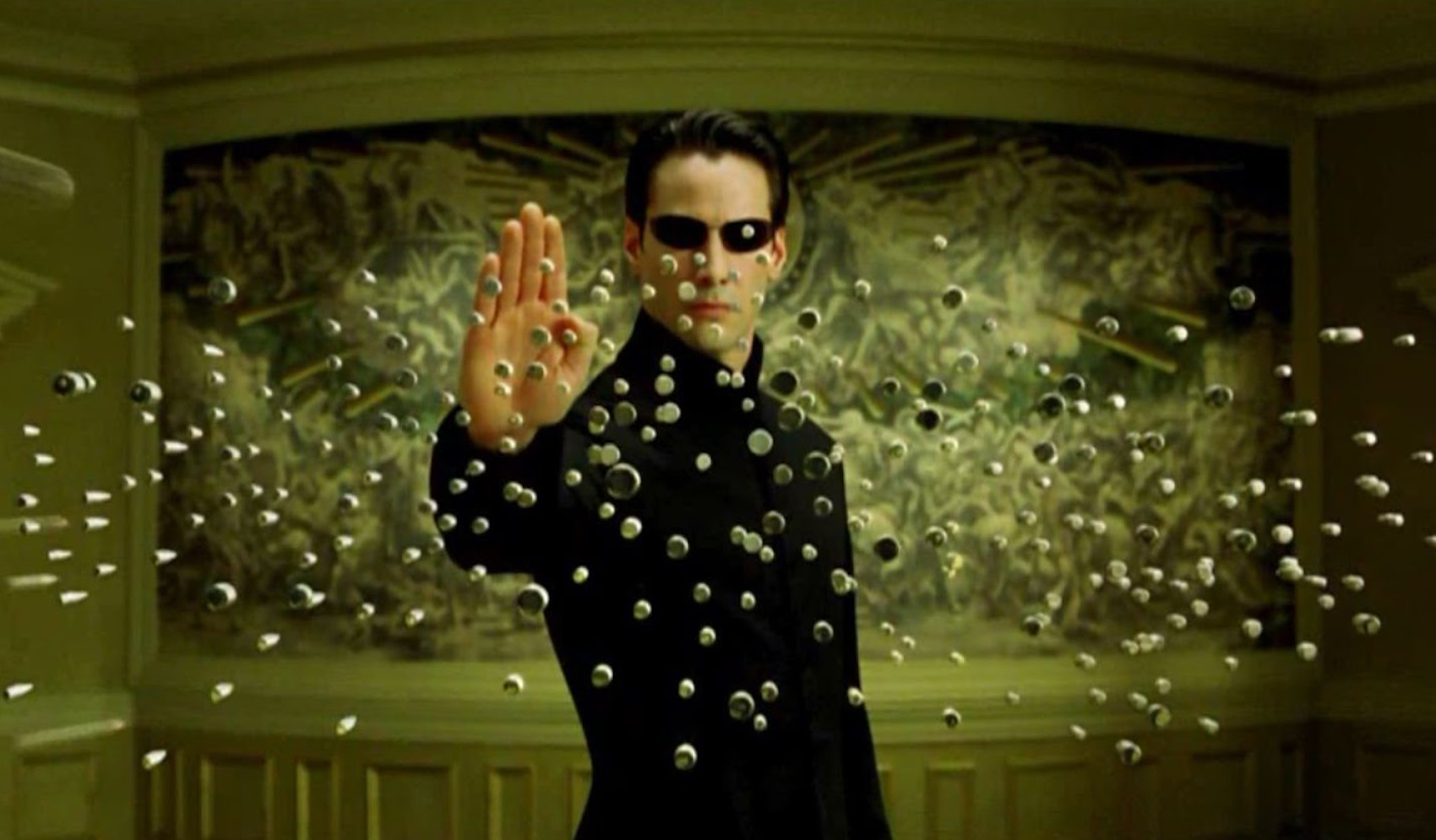Only a handful of movies throughout cinematic history have attained the legendary standing held by Rocky, the 1976 sports drama both penned by and featuring Sylvester Stallone. Far exceeding a mere boxing film, Rocky has grown to represent individual victory, connecting with viewers across diverse cultures and eras. To grasp why this character and his tale persistently motivate, one must delve into several crucial elements: the underdog storyline, its genuine nature, its societal influence, and the movie’s connections to real-life situations.
The Underdog Story: A Tale of Hope and Resilience
At the core of Rocky is the enduring charm of the underdog narrative. Rocky Balboa, a minor club boxer hailing from Philadelphia, receives a once-in-a-lifetime opportunity to contend against the current heavyweight champion, Apollo Creed. His origins are modest; he resides in a dilapidated apartment, earns a living as a debt collector, and harbors aspirations for a grander existence. Notwithstanding his limited means, he confronts challenges with unwavering determination.
This narrative mirrors the personal struggles faced by many. People relate to Rocky’s journey because it reflects real-world scenarios where efforts outweigh natural talent or privilege. He says, “It ain’t about how hard you hit. It’s about how hard you can get hit and keep moving forward.” This quote encapsulates the film’s ethos and articulates why the character stands as a beacon of personal triumph.
Authenticity: Rocky’s Realism Resonates
In contrast to conventional Hollywood protagonists, Rocky presents as imperfect, susceptible, and genuinely real. He grapples with uncertainty, interpersonal connections, and proficiency. Viewers observe his clumsy courtship with Adrian, his strained bond with his friend Paulie, and his quest for recognition both within and beyond the boxing arena. His triumphs are not easily gained; each accomplishment is the result of significant effort.
Furthermore, Stallone’s own journey while creating and starring in Rocky mirror’s his character’s. Stallone, then an unknown actor, refused to sell the script unless he played the lead, eventually making the film on a modest budget. The behind-the-scenes story reinforces the film’s central message—through sheer will and resilience, one can overcome overwhelming odds.
The Global Reach of Cultural Influence: A Shared Story
Rocky’s story transcends borders. The image of him running up the steps of the Philadelphia Museum of Art has become a global symbol of aspiration and accomplishment. The steps themselves were officially nicknamed “The Rocky Steps,” and tourists from around the world recreate the iconic run, celebrating their own personal milestones.
The inspiring theme song, “Gonna Fly Now,” highlights training sequences frequently analyzed and mentioned in film studies, advertising, sports, and public gatherings. Sportspeople, business owners, and ordinary people acknowledge the movie’s influence on their personal pursuits of greatness. Many actual instances demonstrate individuals gaining inspiration from Rocky’s story—marathon participants enduring rigorous training, students overcoming challenges, and countless others relating to Rocky’s unwavering determination.
Lessons in Resilience and Self-Belief
The real essence of Rocky’s success isn’t in prevailing in the bout; actually, he is defeated in the contest by a split decision. His win lies in enduring the full duration, accomplishing what was believed to be unattainable, and re-evaluating the definition of individual achievement. The movie challenges the conventional sports story of mere triumph, instead emphasizing self-control and internal contentment.
Multiple sequels continue to explore these themes, each presenting Rocky with ever-changing challenges—aging, loss, and legacy—demonstrating that personal triumph is ongoing, never static. This nuance distinguishes Rocky from one-dimensional heroic tales.
Rocky’s Enduring Impact as a Story of {{Individual}} Victory
The enduring impact of Rocky is apparent across education, commerce, and even psychological studies. Scholarly articles examine the character’s mental fortitude as a prime example of perseverance. Inspirational workshops cite his resolve as a model for overcoming anxieties and self-doubt. The commercial triumph and critical recognition of the Rocky series (with the initial movie securing three Academy Awards, including Best Picture) solidify its position in collective awareness.
Through its genuine depiction of struggle, realistic foundation, and broad appeal, Rocky transcends being merely a movie; it stands as a cultural benchmark that motivates people to discover resilience in hardship. The story emphasizes that individual victory is not primarily about recognition but rather about the bravery to persist, encouraging others to face their own difficulties, no matter how formidable the obstacles.


